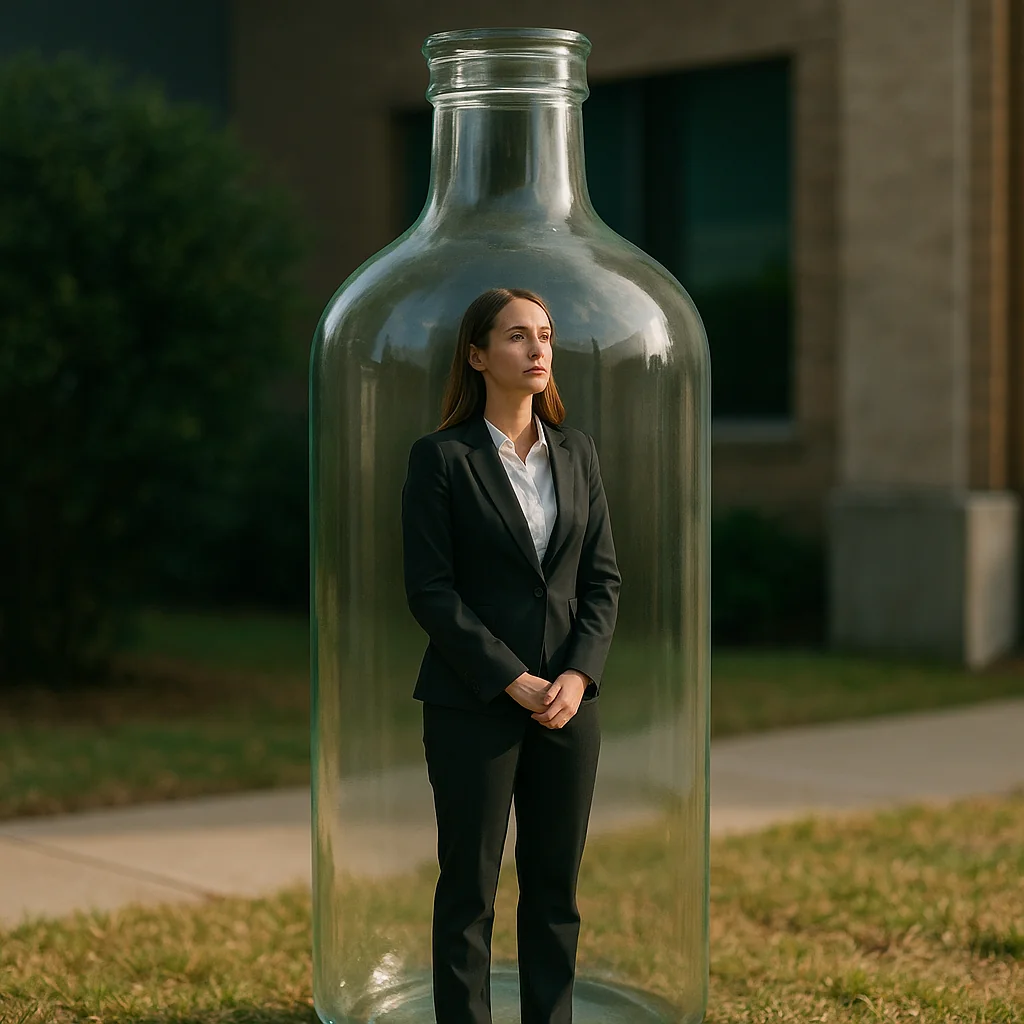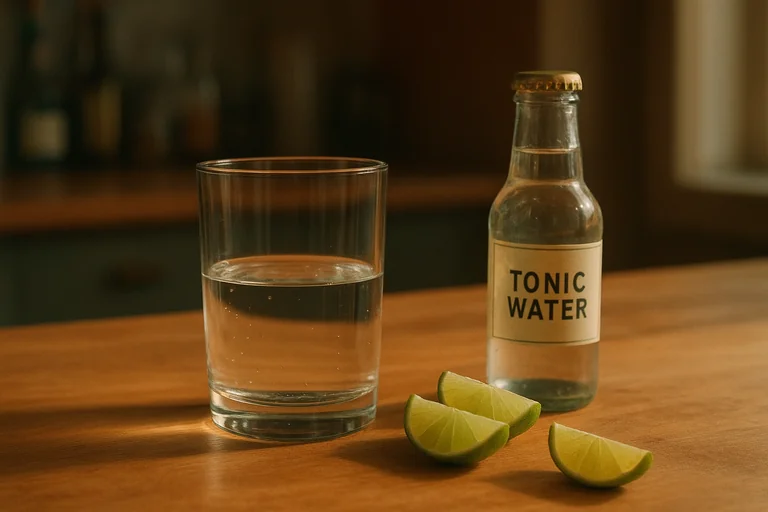A 2 minute assessment to get a personalized mental health or alcohol recovery plan.
Meta Title: Help Me Stop Drinking: Best Treatment Options & Support Guide 2025
Meta Description: If you're looking for help to stop drinking, you're not alone. This guide provides a comprehensive overview of the different types of support available, from therapy and medication to support groups and telehealth.
Help Me Stop Drinking Alcohol: A Guide to Finding the Right Support for You
It's a brave and powerful thing to say, "Help me stop drinking alcohol." It's a testament to your strength, your courage, and your desire for a better life. If you're reading this, you've already taken the most important step: you've acknowledged that you need help. And the good news is, there's a world of support waiting for you.
What You'll Discover:
- What to do when you're ready to ask for help to stop drinking alcohol
- Steps to take to find the right combination of treatment options for your situation
- The importance of understanding all available support options before making decisions
The idea of asking for help to stop drinking may feel overwhelming to some people, but it's actually been the most effective approach to achieving sobriety for decades. When traditional "willpower alone" methods fail repeatedly, causing continued struggles with alcohol and diminished hope, many people assume they're not ready or strong enough for treatment. With modern evidence-based treatment options, medication-assisted treatment and other comprehensive support systems now available, it's actually very straightforward to find effective help that matches your specific needs and circumstances.
So, how does getting help to stop drinking work exactly? It's actually much more accessible and personalized than you think with multiple treatment paths available.
Do Your Research About Treatment Options
Before you begin taking steps to get help for alcohol problems, it's important to learn about the different types of professional treatment and support available. In particular you want to look up information on:
- How therapy, medication, and support groups work together in recovery
- What chronic alcohol consumption does to create physical and psychological dependence
- Why different people need different levels of care based on their individual circumstances
Treatment approaches are designed for different situations and stages of alcohol problems, and getting help to stop drinking is the perfect example. It's not just for people with severe alcohol use disorder who need intensive inpatient programs. It's also appropriate for people who want effective support for reducing consumption, managing cravings, or maintaining sobriety with outpatient care.
No matter what your drinking pattern or previous treatment experience, it's always best to know as much as you can about available options before choosing your treatment approach.
Choose Your Level of Professional Support
The next part takes careful assessment as well. You'll need to understand the different levels of care available and determine what type of professional support will be most effective for your situation. This is an extremely important decision that goes well beyond just finding any treatment program.
You'll want to make sure that you understand the differences between outpatient, intensive outpatient, residential, and intensive inpatient care to ensure you get appropriate treatment intensity. Experience with addiction treatment is also extremely important. Healthcare providers who have been treating alcohol use disorder for years and specialize in evidence-based addiction medicine are going to be well-equipped to help with proper assessment and treatment planning.
Take an Assessment of Your Treatment Needs
The treatment provider you choose should conduct a comprehensive evaluation to determine what combination of therapy, medication, and support will be most effective for your recovery. This is a crucial part of the process for understanding what level of care and which specific treatments will best match your needs.
This assessment is a simple yet crucial part of the process for determining what type of treatment plan will be most appropriate for your situation. It also provides treatment professionals with baseline information that will be important in subsequent steps of the recovery process.
Choose the Right Treatment Combination
If alcohol use disorder is confirmed after your assessment you can discuss treatment options and develop a personalized plan with your healthcare provider. With evidence-based treatment approaches there are several proven methods that all include different combinations of therapy, medication, and ongoing support.
Have Your Treatment Planning Consultation
The most essential step in getting help to stop drinking is working with qualified professionals who understand evidence-based addiction treatment. They will:
- Assess your drinking history, previous treatment attempts, and current life circumstances
- Explain the different therapy approaches and how they address alcohol use disorder
- Discuss medication options and how they can support your recovery goals
This will help the treatment team determine what combination of interventions will be most effective and whether outpatient or more intensive care is recommended. The professionals will provide detailed information about each treatment component and realistic expectations for your recovery process.
Begin Your Comprehensive Treatment Plan
After your consultation, you'll start implementing the personalized treatment plan developed specifically for your needs. This might include individual therapy sessions, medication management, group therapy, or intensive outpatient programming depending on your assessment results.
The treatment focuses on addressing both the physical and psychological aspects of alcohol dependence while building skills for long-term sobriety. It's extremely important to participate fully in all recommended treatment components, especially when it comes to therapy attendance and medication compliance.
Take the Recovery Process Seriously
Once you begin treatment you can start working on the underlying factors that contributed to your alcohol use while building new coping strategies. There will be specific therapeutic assignments, lifestyle changes, and ongoing support requirements that are essential for successful recovery.
It's extremely important to engage with the complete treatment process exactly as recommended by your treatment team, particularly when it comes to addressing triggers and developing relapse prevention strategies.
Follow-Up to Maintain Long-Term Success
Having ongoing support and monitoring throughout your recovery journey is highly beneficial in ensuring you maintain sobriety and continue building recovery skills. It gives you the opportunity to address challenges as they arise and for your treatment plan to be adjusted as needed.
The treatment team can also help you transition to maintenance care and connect with long-term support resources that help sustain your recovery beyond active treatment.
Why Your Brain Works Against Recovery Without Professional Help
Don't let outdated ideas about addiction being a willpower problem fool you into thinking that you should be able to stop drinking on your own. The criteria for what makes alcohol use disorder a medical condition requiring professional treatment is well-established based on decades of neuroscience research.
Many addiction specialists, psychiatrists and recovery experts will tell you that alcohol use disorder creates changes in brain chemistry that make stopping extremely difficult without professional intervention. Even people with strong motivation to quit often struggle repeatedly without appropriate support, and it's particularly challenging because chronic alcohol consumption creates physical dependence and psychological patterns that require specialized treatment approaches.
Now that you have a better idea of why professional help is so important, let's delve further into the specific types of treatment available and how they work together to support successful recovery.
The Undeniable Truth About Professional Treatment
The undeniable truth is that professional treatment dramatically improves your chances of successfully stopping drinking and maintaining long-term sobriety. According to the National Institute on Alcohol Abuse and Alcoholism (NIAAA), professionally led treatment typically includes two main components: talk therapy and medication.
Evidence-Based Therapy Approaches
Professional therapy provides structured, proven methods for addressing alcohol use disorder:
Cognitive-Behavioral Therapy (CBT): Helps you identify and change the thought patterns and behaviors that contribute to drinking. You'll learn to recognize triggers and develop healthier responses to stress and cravings.
Motivational Enhancement Therapy (MET): A collaborative approach that helps you build internal motivation for change. Rather than being told what to do, you explore your own reasons for wanting to stop drinking.
Family Therapy: Addresses the impact of alcohol use disorder on relationships and helps rebuild trust and communication with loved ones.
These therapy approaches have been extensively researched and proven effective for treating alcohol use disorder across diverse populations and circumstances.
Medication-Assisted Treatment Options
According to the Mayo Clinic, several FDA-approved medications can significantly improve treatment outcomes:
Naltrexone: Blocks the euphoric effects of alcohol, reducing cravings and making drinking less rewarding. This helps break the cycle of reinforcement that maintains alcohol dependence.
Acamprosate: Helps stabilize brain chemistry during early recovery, reducing the discomfort of protracted withdrawal symptoms that can trigger relapse.
Disulfiram: Creates unpleasant physical reactions when alcohol is consumed, providing a deterrent effect for people who benefit from clear consequences.
These medications work best when combined with therapy and are most effective when prescribed and monitored by addiction medicine specialists.
Levels of Care for Different Needs
The American Society of Addiction Medicine defines four basic levels of care that can be matched to individual needs:
Outpatient Treatment: Regular therapy and medication management while living at home and maintaining work/family responsibilities. Ideal for people with strong support systems and less severe dependence.
Intensive Outpatient Programs (IOP): Several hours of treatment multiple days per week, providing more structure and support while allowing continued daily functioning.
Residential Treatment: 24-hour care in a structured environment, typically lasting 30-90 days. Appropriate for people with severe alcohol dependence or those who haven't succeeded with outpatient care.
Intensive Inpatient Treatment: Medical supervision for people with serious health complications or severe withdrawal risk. Usually occurs in hospital settings with full medical support.
NEED TO KNOW: The right level of care depends on factors like severity of dependence, previous treatment history, mental health status, and social support available. Professional assessment helps determine the most appropriate starting point.
What's Most Concerning About Trying to Stop Alone
What's most concerning about attempting to stop drinking without professional help is that alcohol withdrawal can be medically dangerous, and psychological factors often lead to repeated failed attempts that worsen feelings of hopelessness.
Modern Treatment Innovations
Technology has expanded access to effective treatment:
Telehealth Services: Allow you to receive professional therapy and medical consultation from home, making treatment more accessible for people in rural areas or with transportation barriers.
Digital Health Tools: Apps and online programs can supplement professional treatment with daily support, progress tracking, and coping skill practice.
Hybrid Care Models: Combine in-person and virtual services to provide comprehensive support that fits your schedule and preferences.
These innovations make professional help more accessible than ever before while maintaining the effectiveness of evidence-based treatment approaches.
Support Groups and Peer Recovery
Professional treatment works best when combined with peer support:
Alcoholics Anonymous (AA): A free fellowship that provides mutual support through shared experience. The 12-step approach has helped millions of people achieve and maintain sobriety.
Other Support Groups: SMART Recovery, LifeRing, and other groups offer different philosophical approaches to recovery support. The key is finding a group culture that resonates with your values.
Peer Recovery Support: Trained individuals with lived experience provide mentorship and practical assistance during recovery.
Support groups complement professional treatment by providing ongoing community, accountability, and practical wisdom from people who understand the recovery journey firsthand.
Finding the Right Help for Your Situation
Getting help to stop drinking starts with honest assessment of your needs and circumstances. Consider factors like:
- Severity and duration of your alcohol use
- Previous attempts to stop drinking
- Mental health concerns
- Family and work obligations
- Insurance coverage and financial resources
- Geographic location and transportation access
Professional assessment helps match these factors to the most appropriate treatment options, ensuring you get effective help that fits your life circumstances.
The goal is creating a treatment plan that addresses your specific needs while being practical and sustainable for your situation.
If you're ready to take the brave step of asking for help to stop drinking, professional support is available to guide you through every aspect of the recovery process. Take our Alcohol Use Assessment to begin connecting with the treatment options that can help you achieve the sober life you're seeking.




